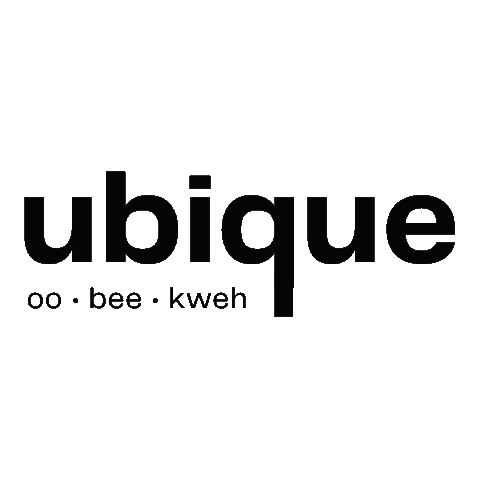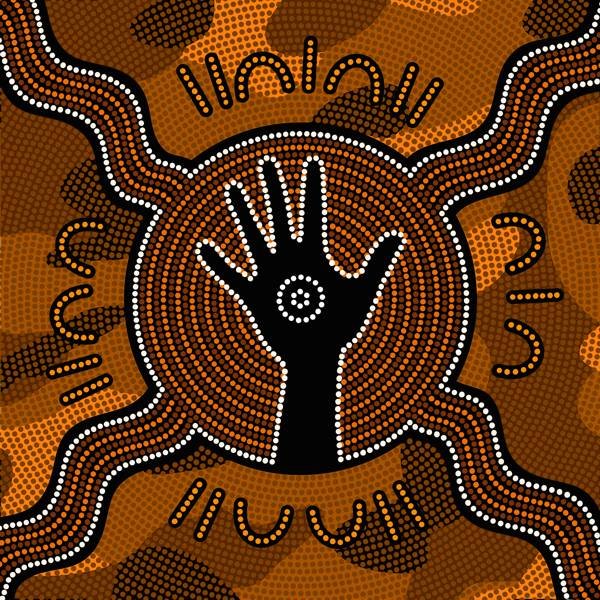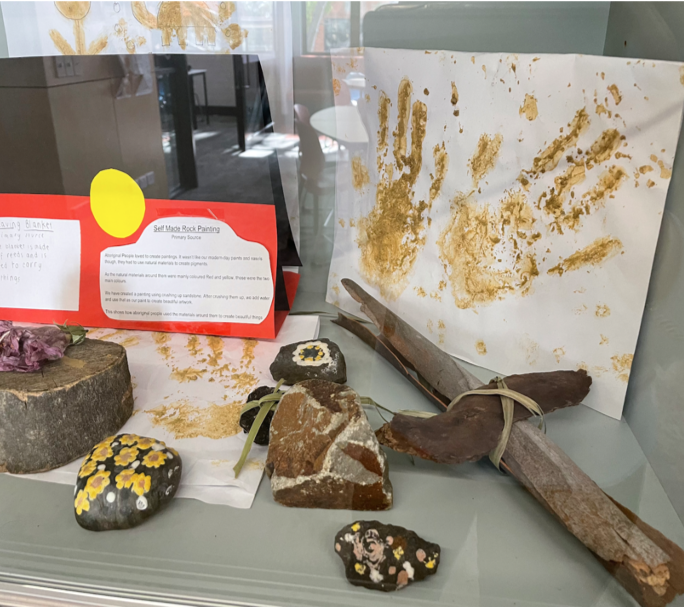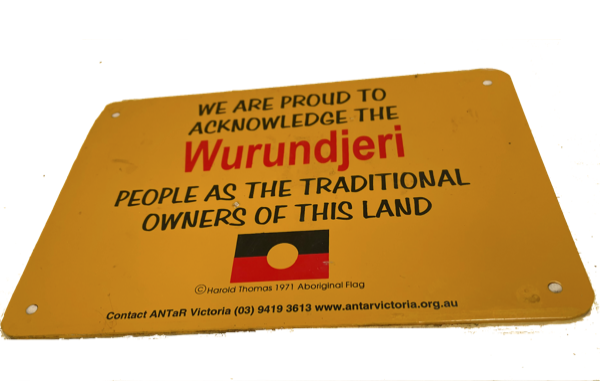DEAR UNI HIGH, BALAKA.
By Olivia Shani
‘We have a human relationship with the land: Mother, daughter, son. When the land is taken from us or destroyed, we feel hurt because we belong to the land, and we are part of it.’ – Djinyini Gondarra
‘They stole from me a lifetime. My heritage. My home. My family. My identity. My spirit all alone’ - Pauline McLeod
‘Oi Blackjack! Blackjack come ‘ere!’ - M.C
‘We never heard the words ‘I love you’ . We became empty vessels.’ - Sharyn Egan
‘I have no identity really.’ — Cynthia Sariag
Waking up to a ruined world is a nightmare. Yet, it is not unknown to Indigenous Australians. In fact, persecution and Indigenous Australians are well acquainted. From taking care of the land to helping mould the language we speak today, Aboriginal people have played massive roles in shaping Australia’s history. Nevertheless, Indigenous Australians have still been physically and mentally abused, forced to separate from their families, and watch the land they call home be destroyed. It is important that we celebrate the culture of Indigenous Australians in honor of all the love and commitment they gave to the country. However, University High School blatantly does not commemorate this sacred culture to its full potential because it chooses to ignore the standards set by the Victorian Department of Education.
The culture of Australia’s Indignenous people is the oldest in the world. Ancient Australian culture is defined by its connection to family, law, community and country. Some fundamental Indigenous customs include the Dreaming, language, and customary law. The Dreaming is a rich concept that describes a connection to the environment and things beyond. Honoring the Dreaming is necessary in understanding the world’s ‘blueprints’ and unifying Indigenous and non-Indigenous populations together. Aboriginal culture is also highlighted by its unique and diverse range of languages spoken. Over 250 different ancient languages were once spoken across Australia. However, only 145 are now alive, with 18 remaining strong. According to Djapirri Mununggirritj, language ‘identifies who we are and where we’re from. Languages provide knowledge about others and gives us insight to the perspectives of other’s lives. [They] hold a unique and rich part to our heritage.’ In addition to the Dreaming and native languages, customary law is another crucial element of Australia’s Indigenous culture. The customary law is almost like a ‘code of conduct’ that Aboriginal and Torres Strait Islander people follow. It discusses rules of leadership, etiquette, sacred knowledge, sustainability, etc.
Indigenous culture is truly deep and diverse.
In relation to honoring Aboriginal culture, the Victorian Department of Education has high standards when it comes to spreading awareness of Indigenous values to students. According to Victoria’s Marrung Association, "Victoria will be a state where the rich and thriving culture, knowledge and experience of our First Nations Peoples are celebrated by all Victorians.’’ For Victorian schools, there are some strict protocols that need to be followed, known as the Koorie Cross-Curricular Protocols. The K.C.C. Protocols highlight 3 key principles:
Koorie and all Aboriginal people are entitled to respect for their culture
Exposure to, and engagement with, Koorie and other Aboriginal and Torres Strait Islander cultural heritage will enrich all Australians and strengthen our unique identity.
Koorie people are entitled to protect and manage the use of their cultural heritage and expressions
Essentially, the government encourages Indigenous students to represent their heritage with pride and express who they are.
In addition to the K.C.C. Protocols, the Department of Education expects schools to ‘... work in partnership with the local Koorie community. Teaching about Koorie history, values, culture, and perspective should be endorsed and supported by the Koorie community.’ Guidance and approval from locals is an essential way of showing respect and producing meticulous and appropriate content.
Education is exceedingly important to discover the different perspectives of society. University High School, being one of the top public schools in Victoria, has ‘a proud tradition of [academic] excellence and commitment to innovation’. The school, established over 100 years ago, has a rich history and claims to value 7 key principles, 4 of them being integrity, respect, passion, and diversity. Diversity and respect play the greatest roles, making UHS one of the most culturally diverse schools in the state. Uni High highlights that ‘the school is constantly evolving’ and ‘[values] the rich traditions of the past.’ The school professes that the land’s history is significant and even Hyder Gulam, a well respected alumnus, encourages students ‘to remember that UHS sits on sacred, ancient land.’ He ‘[does] not want them to forget their own essence.’ Fundamentally, University High School insists that it highly regards diversity, respect and the sacred values of the land’s traditional owners, both past, present, and future.
The University High school may claim to be passionate and considerate of Victoria’s Indigenous people and traditions, but in reality, they are far from it. Uni High is ‘in [its] emerging state’ and has just begun to incorporate some inclusive Indigenous projects. For instance, a special Indigenous campfire has been arranged and a reconciliation action plan, or R.A.P., is being established, which is supposed to ‘formally acknowledge the truth about [the country’s] history and work to improve.’ However, this ‘certainly isn't enough on its own.’ The Education Department, as a part of the K.C.C. Protocols, requires that students are exposed to Indigenous culture. This could be achieved through reading Indigenous stories poetry; listening to cultural songs; learning dances or plays; hanging up paintings, designs, drawings, etc. Teachers claim that many subjects have curriculum content that focus on the ‘perspectives and history of First Nations people’. But does it really seem this way? According to a survey, over 40% of questioned students stated that there was no form of Indigenous exposure, whilst 60% said that there was a little. Students declared, ‘We’ve barely learnt anything about Aboriginal culture’, ‘There is definitely a lack of teaching in school’ and ‘[They have] absolutely not [learnt] anything about the Indigenous people.’ The government also expects teachers to ‘work in partnership with the local Koorie community’. Uni High reports that there is only ‘some consultation with the local Aboriginal community’. ‘Some’ is not close enough to the bare minimum we need to be doing in order to show our respects. Clearly there is still no proper celebration of Indigenous Australians here at University High School.
Ultimately, University High school has no respect for the sacred ground, cultures, and nations surrounding them, even if they claim to. It is time for a change.
Until then, we’ve got a long way to go. Uni High, get on with it. Or as the traditional Arnhem people say, balaka.



